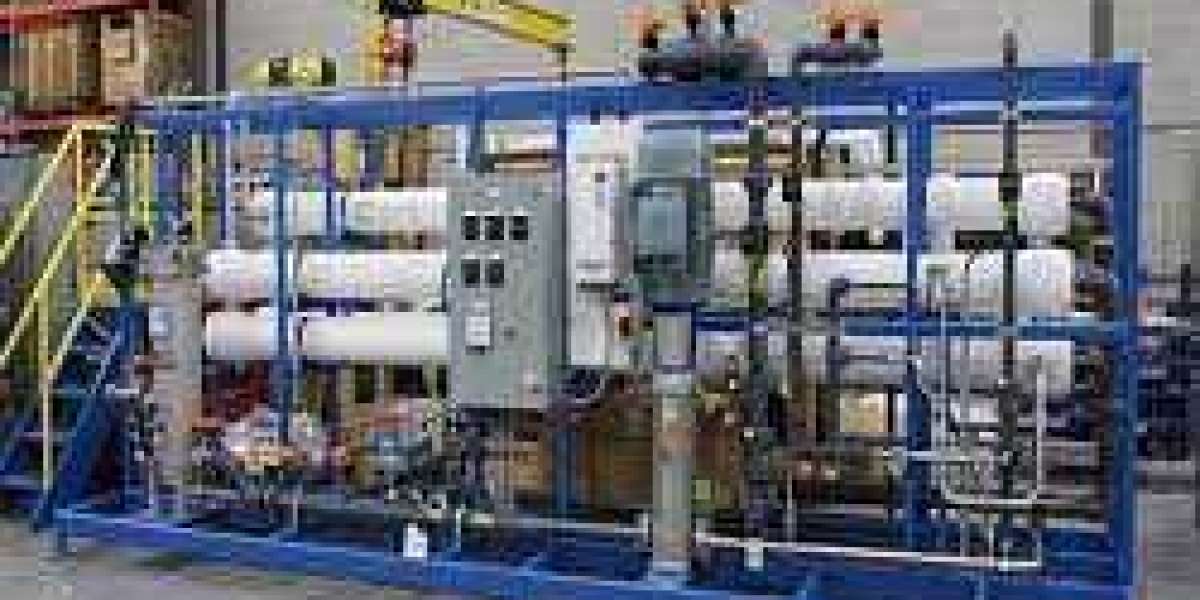Purchasing used machinery can be a wise business decision, but only when conducted with care. There are 15 factors to consider to make sure your investment is a smart one that will contribute to the success of your company for years to come.
Unlike new pieces of equipment that require a large financial investment and often carry warranties, buying used machines can save you thousands of dollars.
Lower Costs
The upfront costs of new machinery can be a significant burden to any business. The price tag on brand-new fans and blowers, tanks, motors and screeners is often accompanied by additional fees in the form of taxes and shipping expenses that can add up quickly.
By opting for used equipment, businesses can avoid these high upfront costs and invest those funds in other aspects of their operations. This reduced initial investment allows companies to more effectively allocate their resources and maximize the return on their investments. Additionally, choosing to used machinery is an eco-conscious choice that supports the sustainable use of materials. By prolonging the lifespan of equipment, fewer raw materials are demanded, which is a crucial benefit in an age of increasing environmental awareness among consumers and businesses alike.
Less Depreciation
Depreciation is more than just an accounting concept—it impacts a company’s tax liability and affects the cost of loans, insurance premiums, and other business expenses. It also helps with asset management by allowing companies to write off equipment costs as expenses. If you visit this website, you can get more and more industrial reactors on the internet platform.
The most common method of depreciation is straight-line, which allocates an equal amount of the asset’s value to each year of its useful life. Other methods include the double-declining depreciation technique, which gives more depreciation expense in earlier years of the asset’s life and less in later years. The units of production method is another depreciation technique that works well for equipment that loses value based on how much it produces, such as manufacturing equipment.
Finally, there’s bonus depreciation, which allows companies to deduct more of the purchase price of new and used equipment in a single year. However, companies must still follow Section 179 to qualify for the full depreciation. To make the most of your equipment investments, be sure to get a reliable estimate of an equipment’s useful life, and regularly perform maintenance and repair to minimize its depreciation.
Less Risk
When purchasing industrial machinery, there are a lot of considerations to take into account. Some of these factors include legal history, work history, how intensively it’s been used and whether or not it meets current safety standards. Buying used machinery can be an effective option for businesses who need to expand their capabilities or replace outdated equipment. However, this process must be approached with caution to avoid making a costly mistake.
One of the key steps is to thoroughly research the used machinery market BEFORE you set your budget. This includes learning about different brands, gaining a deep understanding of what each model can do and ensuring that the machine you’re interested in actually fits your business requirements. This research should also encompass inspecting the machine in person either by you or an expert hired for the purpose. This will allow you to spot any hidden costs that may not have been disclosed upfront. It will also help you to identify any issues that could negatively impact your business.








